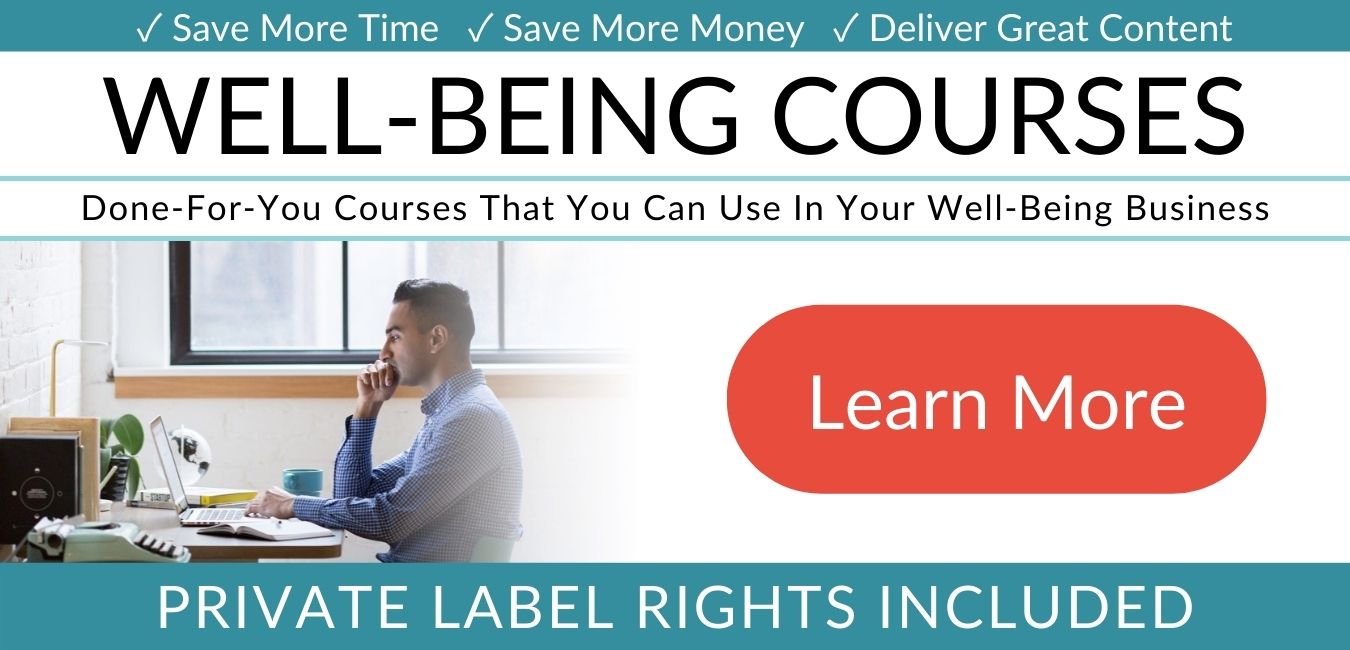Contentment: Definition, Examples, & QuotesBy Angela Saulsbery, M.A.
Reviewed by Tchiki Davis, M.A., Ph.D. What is contentment? Discover its meaning, examples of contentment, and causes of discontentment. Also, learn how to become more content!
Maybe, like me, you’ve found contentment harder and harder to reach since the pandemic began. If you want to cultivate contentment in your life, know that you can even if your life and surroundings are imperfect. You don’t have to wait until you’ve solved every last problem. In this article, we’ll discuss strategies for reaching contentment, conditions that could create discontent, and examples of contentment. We’ll also talk about the contentment challenge, the contentment foundation, and contentment beads.
Before reading on, if you're a therapist, coach, or wellness entrepreneur, be sure to grab our free Wellness Business Growth eBook to get expert tips and free resources that will help you grow your business exponentially. Are You a Therapist, Coach, or Wellness Entrepreneur?
Grab Our Free eBook to Learn How to
|
Are You a Therapist, Coach, or Wellness Entrepreneur?
Grab Our Free eBook to Learn How to Grow Your Wellness Business Fast!
|
Terms, Privacy & Affiliate Disclosure | Contact | FAQs
* The Berkeley Well-Being Institute. LLC is not affiliated with UC Berkeley.
Copyright © 2024, The Berkeley Well-Being Institute, LLC
* The Berkeley Well-Being Institute. LLC is not affiliated with UC Berkeley.
Copyright © 2024, The Berkeley Well-Being Institute, LLC




